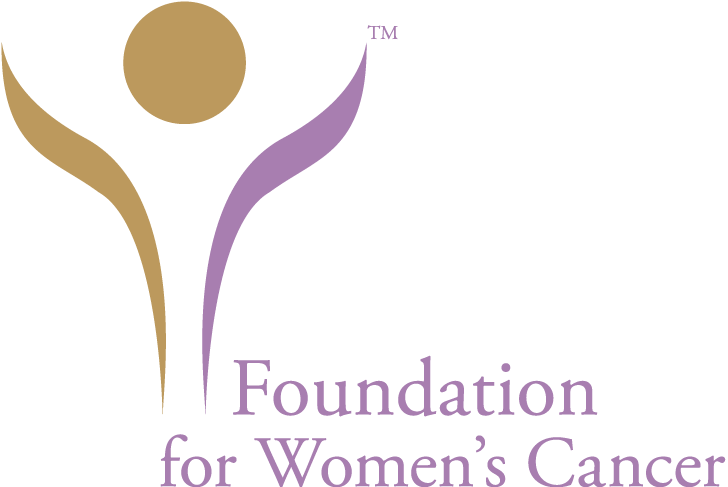A Patient Advocate’s Journey with HPV

Geriann Day
In the spring of 2019, Geriann Day started experiencing bleeding with bowel movements. At first, these symptoms were attributed to hemorrhoids and anal fissure. Surgical removal of what were thought to be hemorrhoids in July, 2019, proved to be abnormal cell tissue.
Geriann was diagnosed with anal intraepithelial neoplasia (AIN3), where abnormal cells are found in the lining of the anus, with those cells having an increased ki-67 rate, the protein that allows cells to divide and form new cells. She received two more surgeries throughout 2019 in attempt to remove the abnormal cells, but has been told she is likely to require treatment throughout the rest of her life. She said, “I’ll have to be checked regularly. That causes a lot of stress.” Geriann became aware of a potential contributing factor to her diagnosis, as she had been previously diagnosed with the HPV infection.
In 2009, Geriann Day went in for an annual Pap smear. Abnormal results revealed she had HPV. There are more than a hundred types of HPV, with about 15 of them known for causing cancer. Geriann’s test results prompted a precautionary cervical biopsy to diminish her chances of getting cervical cancer. She did not experience any symptoms leading to this diagnosis, as HPV does not always present itself in those affected. The HPV infection is present in 40% of women between the ages 18 – 59. Geriann was only 24 years old at the time of her diagnosis.
Geriann later experienced adenomyosis, a condition where endometrial tissue breaks through and grows into the uterine wall. Because of the condition, Geriann underwent a full hysterectomy at the age of 28. She presumed she would not have to deal with any more HPV complications, as it is most often attributed to cervical issues. While HPV is commonly associated with cervical cancer, it can also cause vulvar, vaginal, penile, anal, mouth, throat cancer, in addition to precancers, which Geriann is receiving treatment for.
Now 34-years old, the Minnesota native expressed her hope to see an increase of HPV awareness, education, and accessibility to testing. Throughout her journey with HPV, Geriann has remained the number one advocate of her health, encouraging others to prioritize their health, too. “I’ve been watching what I eat and drink in hopes of building my immune system to fight,” she said. “If you feel something isn’t right, push until you get thoroughly checked out.”
It is recommended that women get a Pap smear and a frequent HPV test to screen for HPV and precancerous changes on the cervix and vagina. CDC recommends that girls and boys between 11 and 12 years of age get two shots of the HPV vaccine six to 12 months apart.
